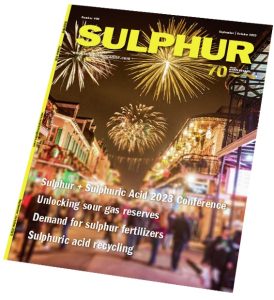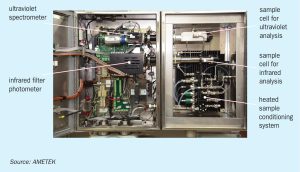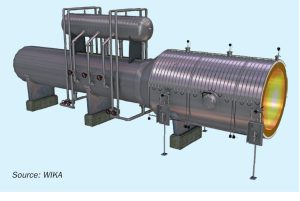
China’s troubled transition
All is not well with the Chinese economy. Growth has slowed to a fraction of what it was, only 0.8% in 2Q 2023, and has not bounced back as expected as covid lockdowns were eased. Exports and imports are both falling, debt has reached 300% of GDP, youth unemployment is running at 20%, and the property market is collapsing, with huge property developers like Evergrande and Country Garden only avoiding bankruptcy via government arranged loan restructurings. Consumer prices have fallen year on year, raising the spectre of deflation, and productivity growth has fallen from 4.5% year on year in 2006-7 to around 0.8% today. The yuan is trading at a 16-year low against the dollar.









